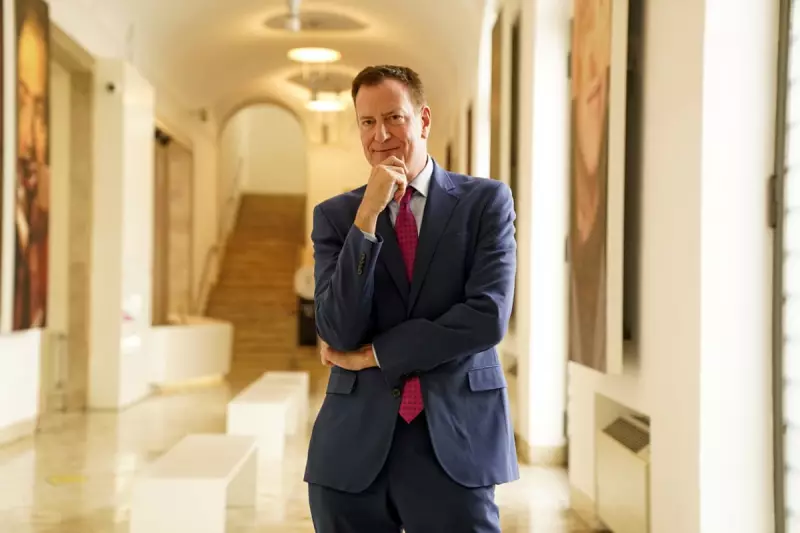
In a startling demonstration of how artificial intelligence could disrupt democratic processes, a highly convincing deepfake video featuring former New York City mayor Bill de Blasio has been circulating across social media platforms.
The Fabricated Interview
The synthetic media creation depicts de Blasio supposedly discussing his views on the upcoming presidential election in what appears to be a legitimate television interview. The fake footage shows the former mayor making controversial statements about election integrity that he never actually uttered.
What makes this deepfake particularly concerning is its technical sophistication. The AI-generated de Blasio displays remarkably natural facial expressions, voice patterns consistent with his actual speech, and convincing body language that could easily deceive unsuspecting viewers.
Rapid Spread and Response
The fabricated interview gained significant traction online before being identified as fraudulent. Social media platforms have since been scrambling to remove the content, but not before it reached thousands of users.
Bill de Blasio himself has publicly denounced the fake video, stating through representatives that the statements attributed to him are completely false and that he never participated in such an interview.
Election Security Implications
This incident arrives at a particularly sensitive moment in the American political calendar, with the presidential election campaign intensifying. Security experts warn that such sophisticated deepfakes could be used to:
- Spread misinformation about candidates' positions
- Create false controversies to distract voters
- Undermine public trust in legitimate media sources
- Manipulate voter perceptions in critical swing states
The Growing Threat Landscape
This isn't the first instance of political deepfakes causing concern, but the technical quality of this particular fabrication represents a significant escalation in the threat landscape. Cybersecurity analysts note that the tools for creating convincing synthetic media are becoming increasingly accessible to bad actors.
Law enforcement and intelligence agencies are reportedly investigating the origin of the fake de Blasio interview, though the sophisticated nature of the creation makes attribution challenging.
As the digital arms race between deepfake creators and detection technologies intensifies, this incident serves as a stark reminder of the vulnerabilities in our information ecosystem and the urgent need for both technological solutions and public awareness about digital deception.





